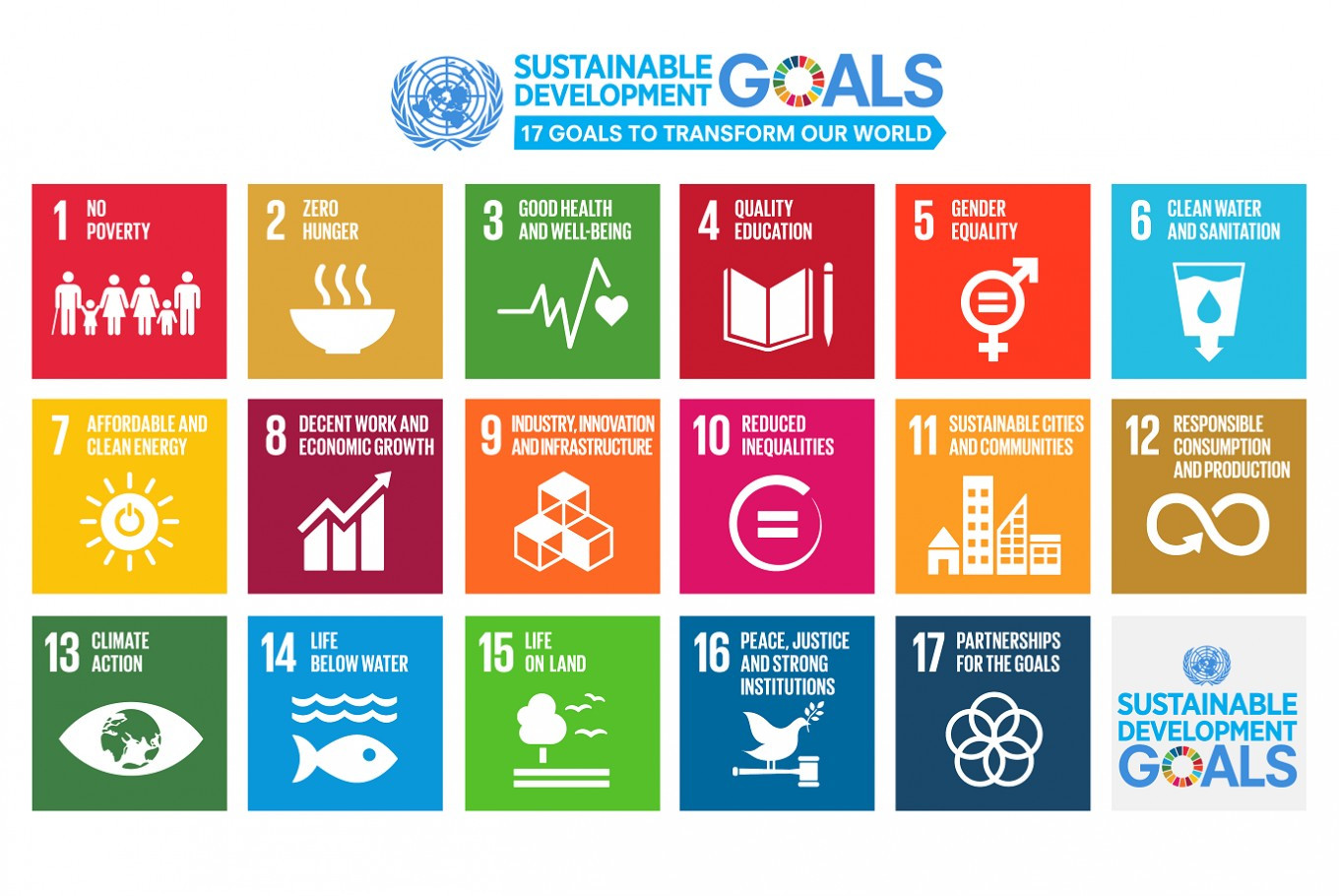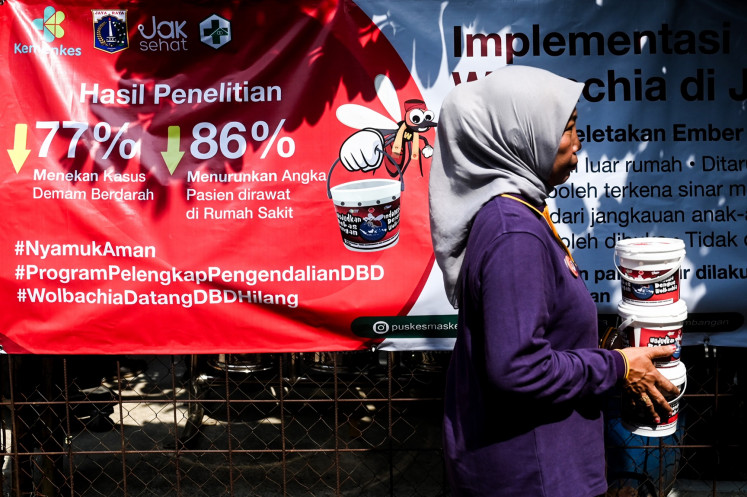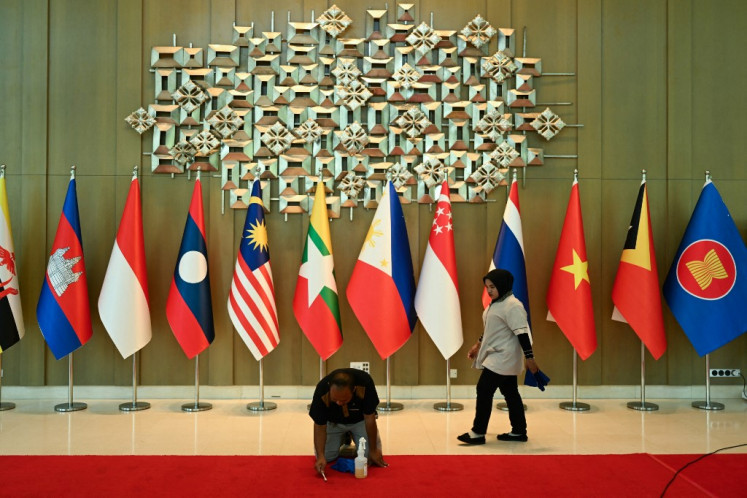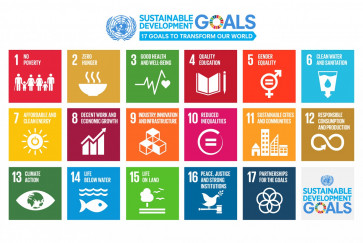National data collaboration key to addressing SDG indicators data gap
BPS is the backbone of data provision for SDGs monitoring in Indonesia; it is the custodian for 39 percent of the national SDG indicators.
Change text size
Gift Premium Articles
to Anyone
 Call to action: The Sustainable Development Goals consist of a set of 17 goals designed to bring the world to several life-changing “zeros”, including to take urgent action to combat climate change, achieve gender equality and empower all women and girls. (Courtesy of United Nations/-)
Call to action: The Sustainable Development Goals consist of a set of 17 goals designed to bring the world to several life-changing “zeros”, including to take urgent action to combat climate change, achieve gender equality and empower all women and girls. (Courtesy of United Nations/-)
A recent report titled “Asia and the Pacific SDG Progress Report 2022” by the United Nations Economic and Social Commission for Asia and the Pacific (UN-ESCAP) states that the Asia-Pacific region will not achieve the Sustainable Development Goals (SDGs) by 2030 as planned. The achievement could even materialize 35 years after the deadline.
Unfortunately, the failure coexists with a wide data gap for the provision of many SDG indicators to evaluate and monitor the achievement effectively from time to time. It just makes the challenge even more difficult.
An accurate review of the progress and implementation of SDGs is crucial to ensure that no one is left behind. It must be underpinned by strong data availability to produce monitoring tools, which are all SDG indicators. Sadly, a wide data gap still exists hampering the effectiveness of SDGs monitoring and implementation in the region.
ESCAP also highlighted that 25 SDG indicators were not yet available in 2021 since there were no data. Moreover, another 83 indicators were available with insufficient data that met the methodological standard. The worst data availability was in goal 11 (sustainable cities and communities), where only 7 of 14 indicators could be computed.
Indonesia is one of the region's champions when it comes to data availability for SDG indicators. It was the fifth-best country with the most data available after the Philippines, Armenia, Thailand and Georgia. However, it is still facing a big challenge, the SDG indicators data gap. By the year 2021, there were still 61 indicators with no data in Indonesia, while another 28 indicators had insufficient data.
The data gap lays more burdens on the achievement of SDGs by 2030 in Indonesia. The UN report titled “The Sustainable Development Goals Report 2022” points out that Indonesia just achieved around 69 percent of SDGs consisting of 17 goals by 2022. The achievement is behind some ASEAN countries, such as Thailand (74 percent), Vietnam (73 percent), Singapore (72 percent) and Malaysia (70 percent).


















